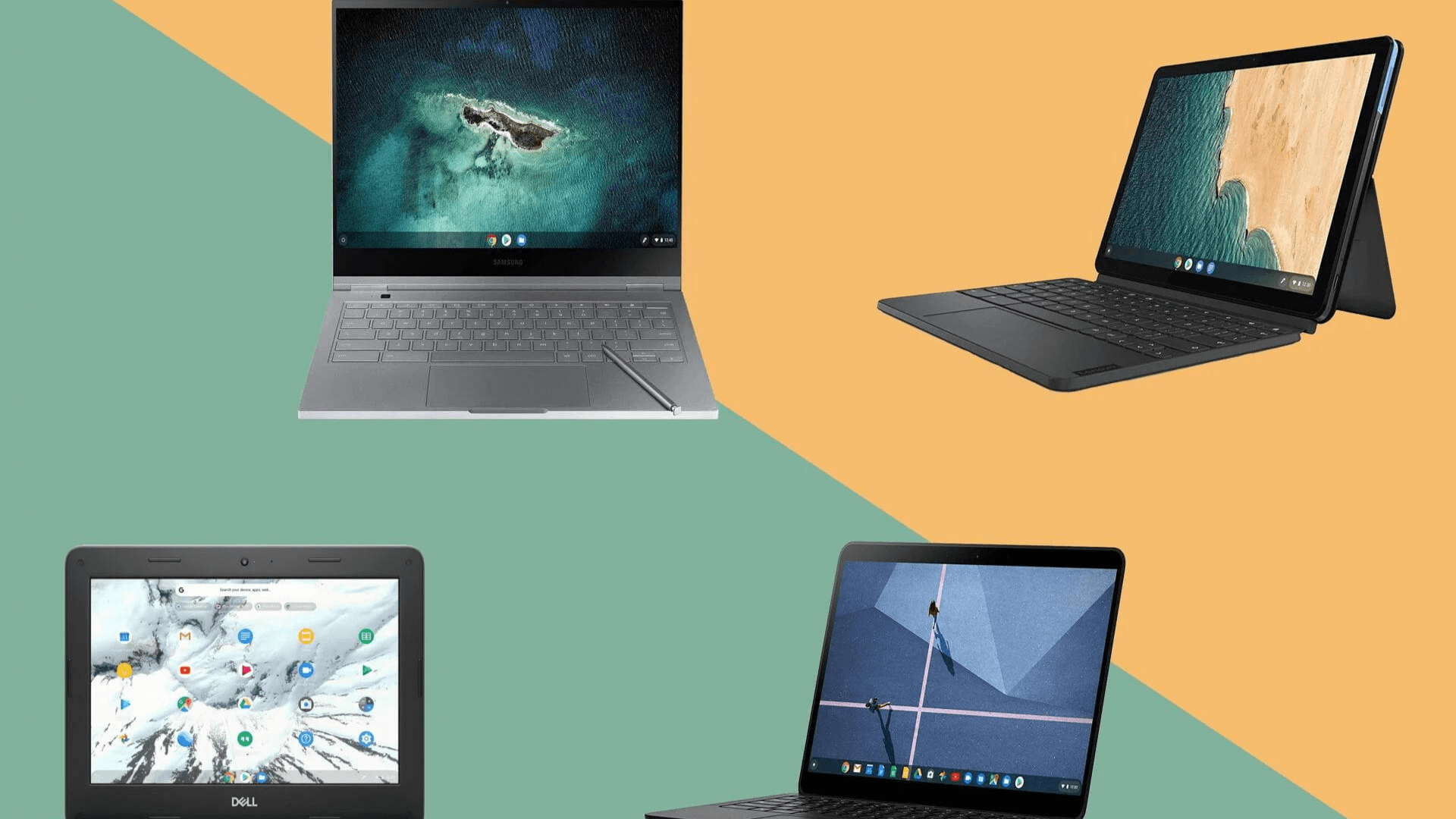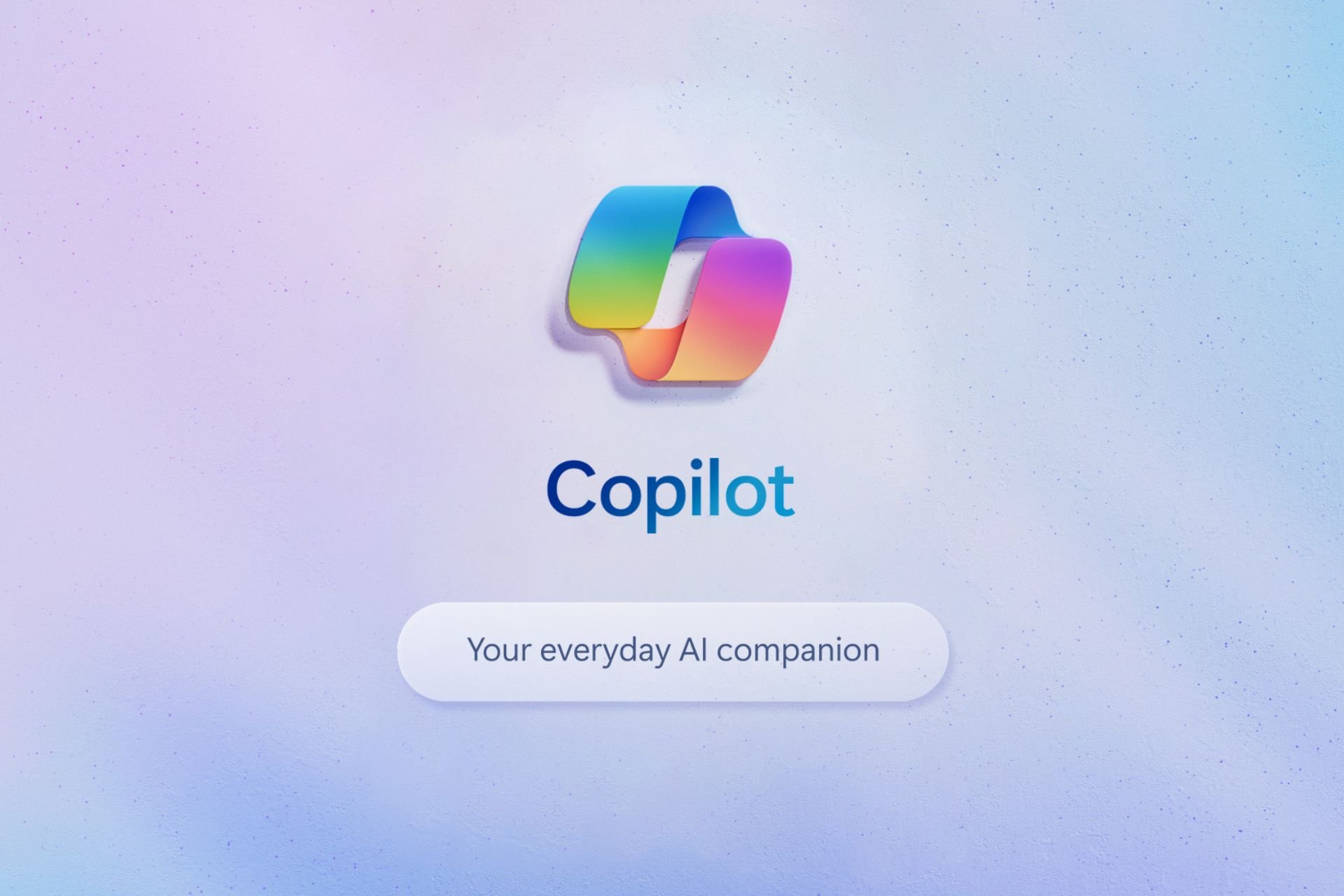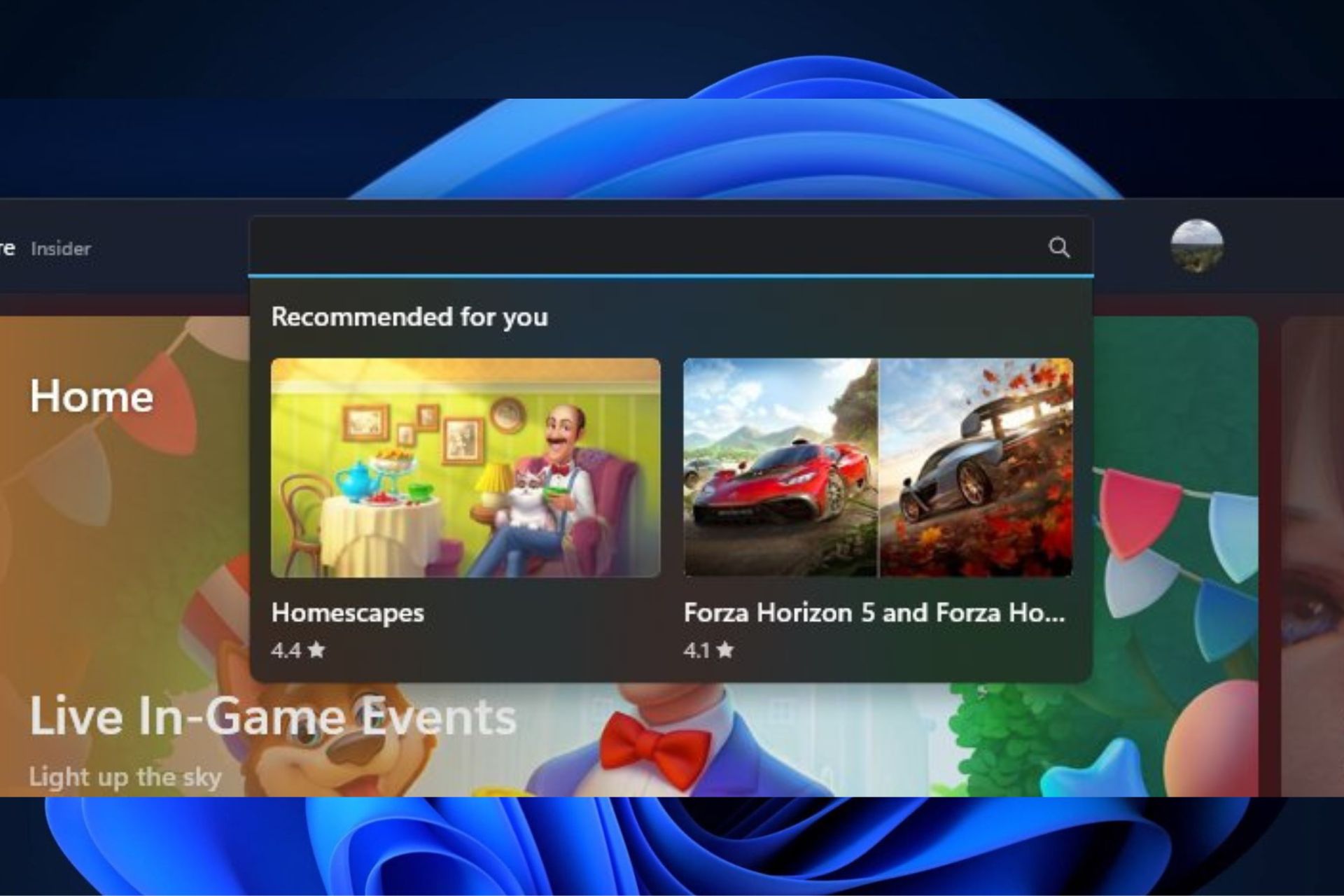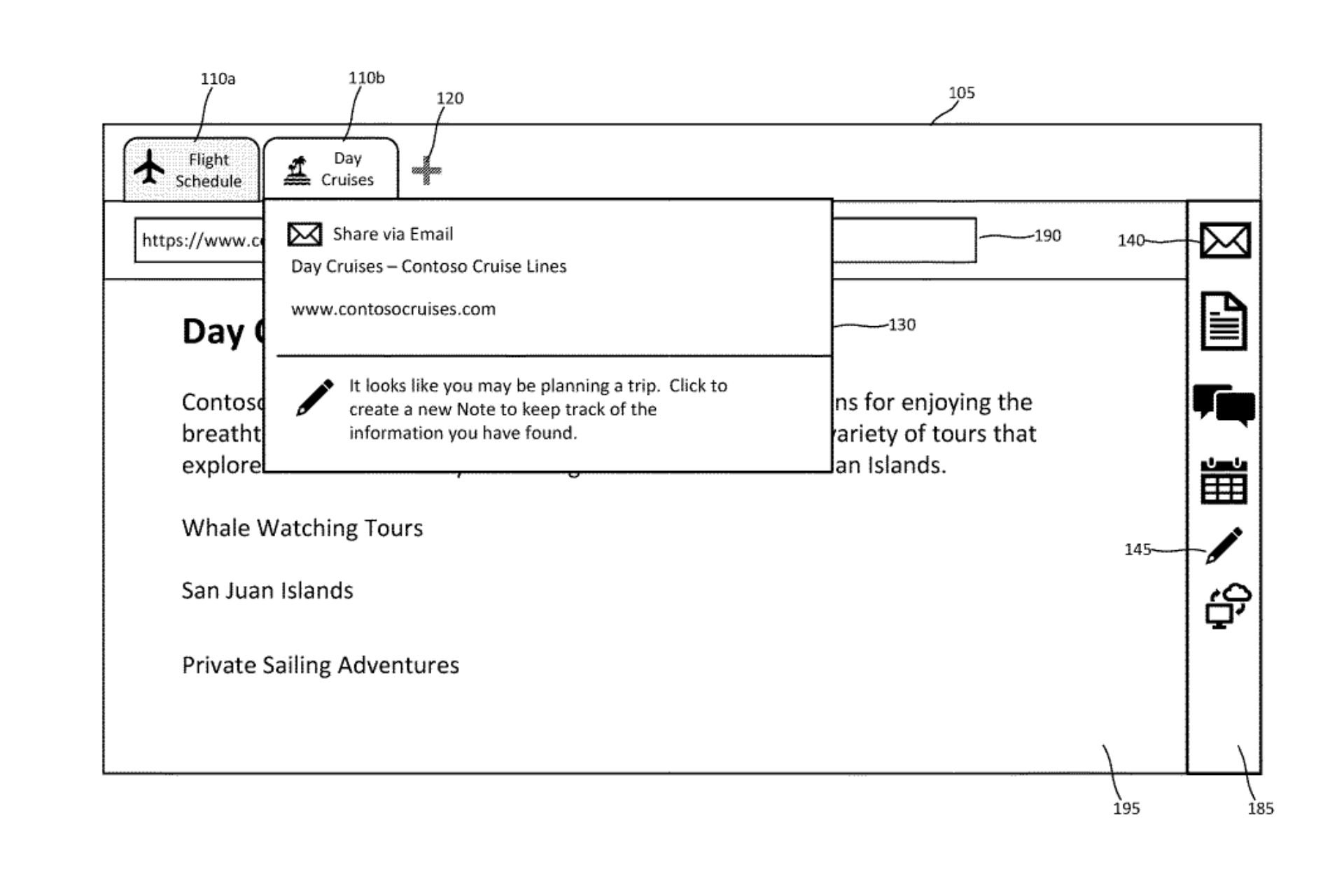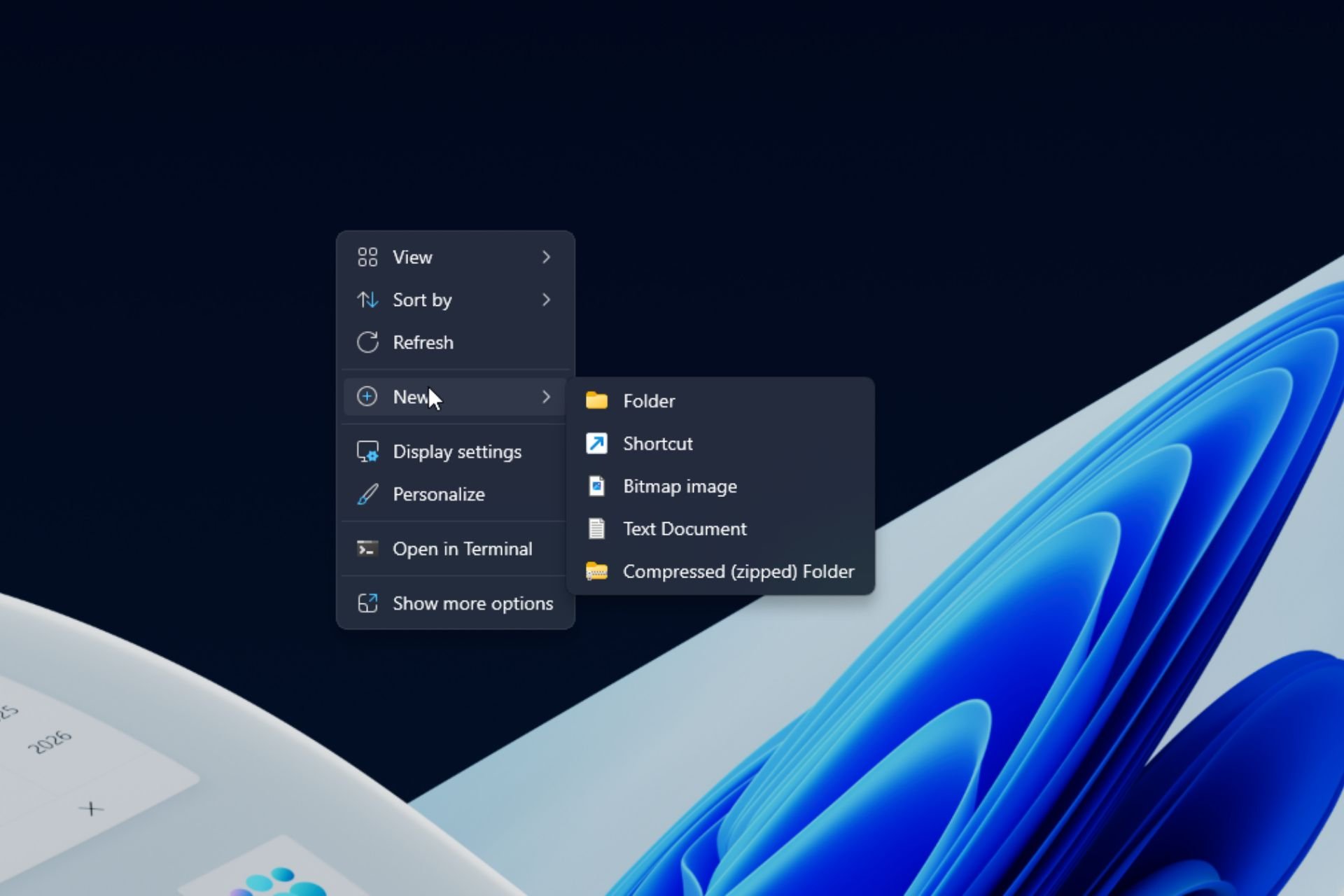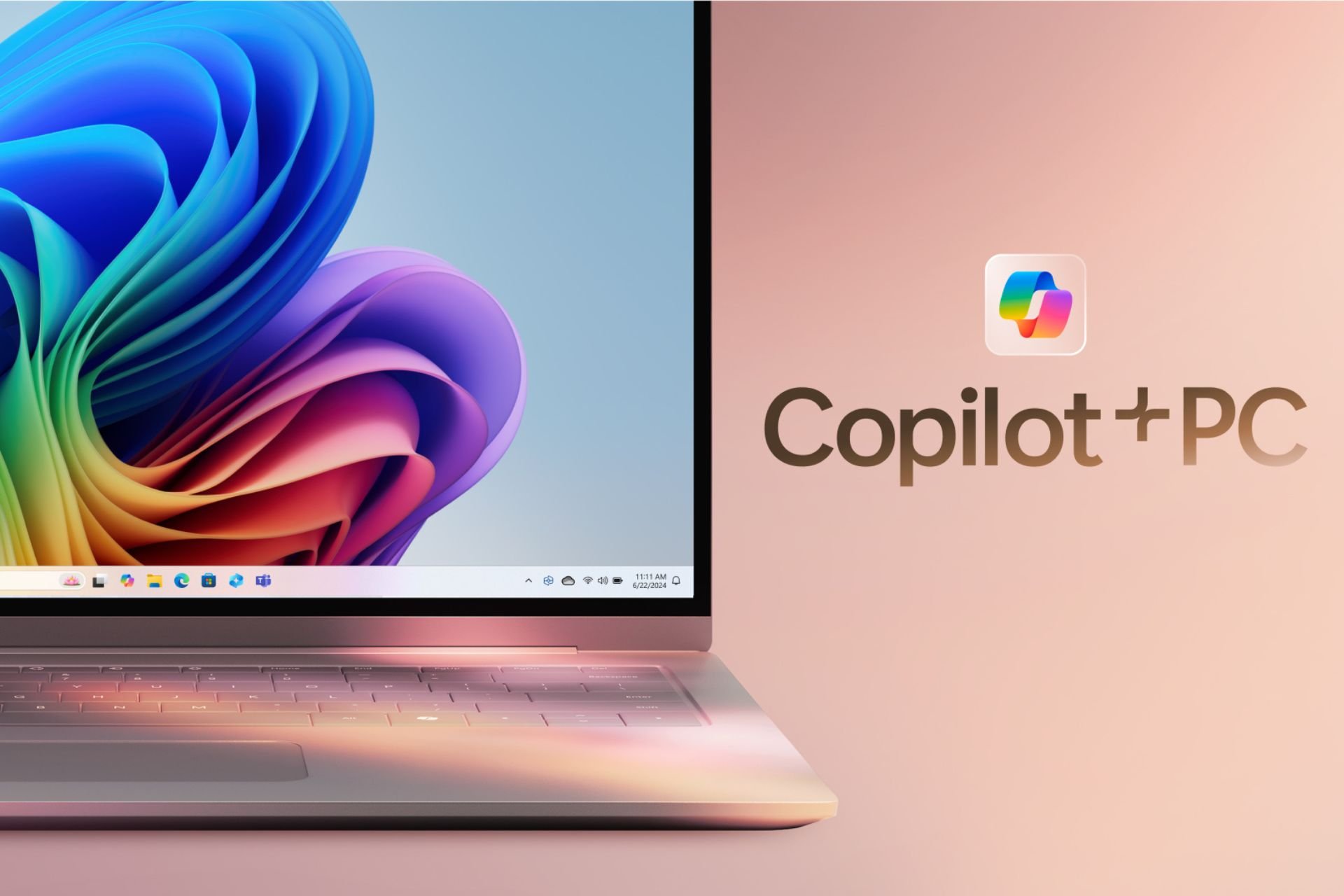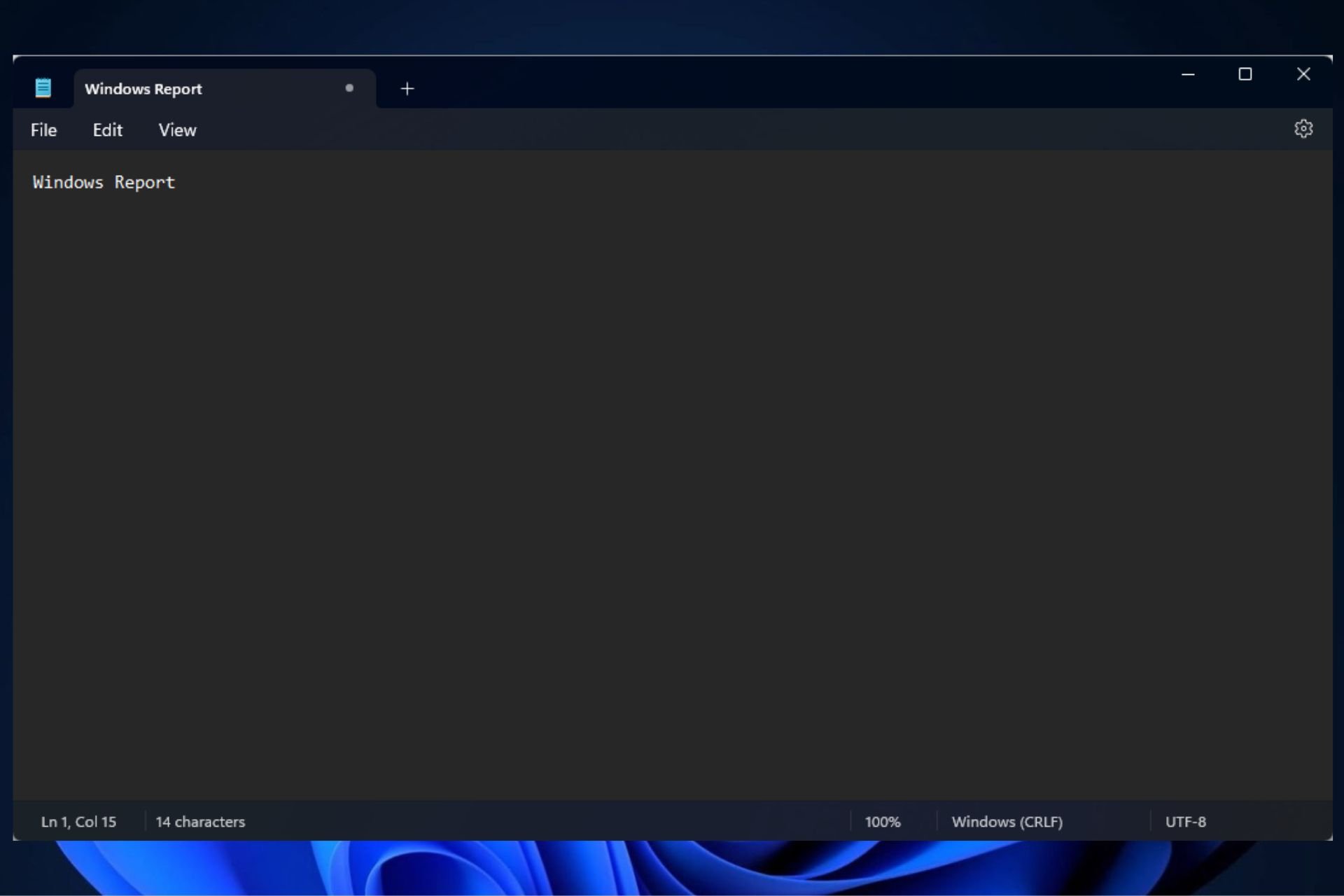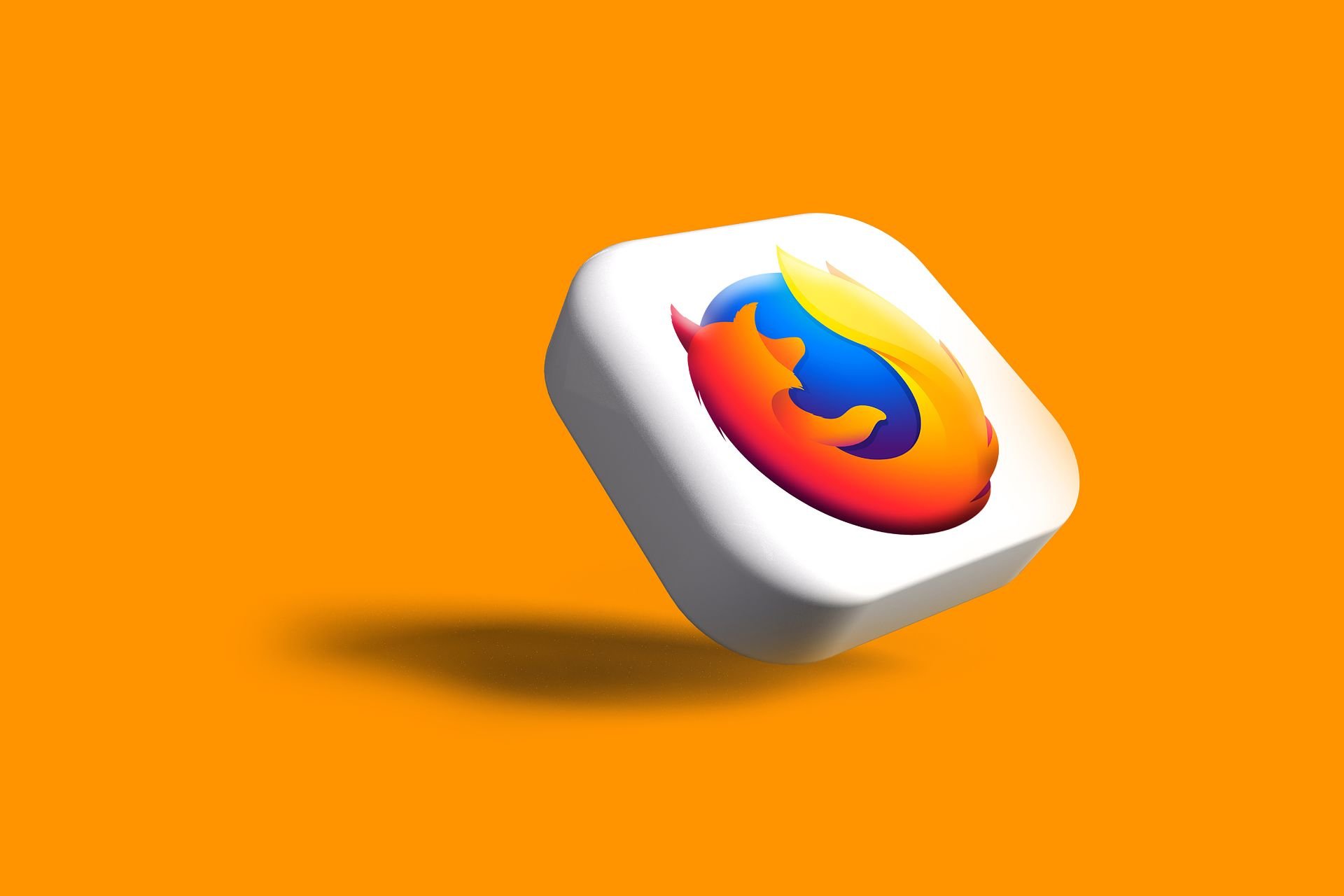The future of Xbox might not include any other Xbox console. Here's why
Xbox has been establishing itself as not dependable on consoles.
3 min. read
Published on
Read our disclosure page to find out how can you help Windows Report sustain the editorial team Read more
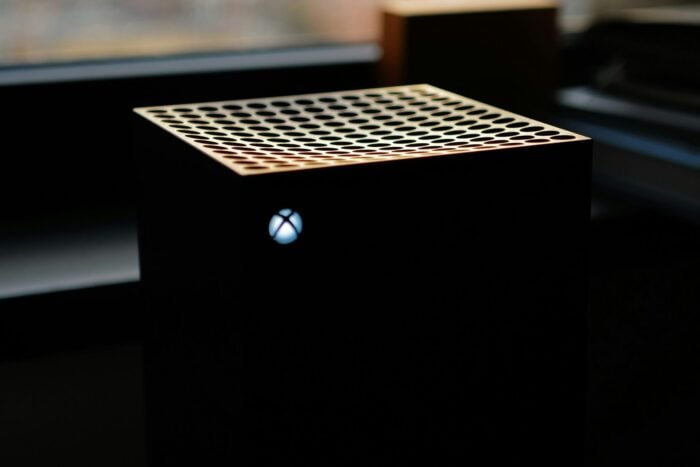
At this point, we’re all thinking about the future of Xbox. Why? Well, Microsoft, which owns and operates Xbox, seems to be at an important moment when the focus on gaming services is more significant than just having traditional console hardware.
The Xbox console is troubled due to massive investments by its parent company, Microsoft, in game development studios and a clear shift towards gaming as a service. The past five years have shown mixed results for Xbox, with significant acquisitions and some setbacks.
The approach of making exclusive games available on other platforms has sparked some doubts. People wonder about the console’s role in Microsoft’s bigger picture, which is mostly focused on cloud computing, Windows, and AI.
Physical media’s fall is yet another milestone on the path to the death of the Xbox console. The Xbox Series S, without a slot for optical discs, signifies progress towards digital and streaming services. Microsoft’s focus on Game Pass and cloud streaming to deliver a gaming experience that covers all screens shows this change in direction.
However, even with all these actions, the number of Game Pass subscribers does not reach lofty goals. So many gamers do not see a future in this model, and why: ultimately, you don’t own the game; you pay a subscription to access it.
The world of gaming is also shifting towards portable experiences. Many handheld gaming consoles are available to gamers, such as the Nintendo Switch, Steam Deck, or Legion Go, with a couple of new ones announced last month (MSI Claw and XPG NIA), which mirrors a wider trend that Microsoft wants to explore. A concept about an Xbox device that can be carried in hand has been circulated, indicating where the brand might head next.
However, the Xbox has not retained its past grandeur with these changes. The initial problems of Xbox One and how Microsoft handled its game studios have made fans and viewers wonder about their dedication to gaming over a long period. The changing understanding of what Xbox means might result in the console being retired, which would match with industry patterns and Microsoft’s strategic focus.
The question isn’t whether the Xbox console will disappear from gaming history but when it will happen. Digital downloads, subscription services, and mobile gaming are reshaping the scene. Microsoft must face these changes as it also carries a brand that previously changed the definition of home entertainment.
Potentially, Xbox’s future might appear very different from its past; however, it will certainly contribute to an important chapter in interactive entertainment’s tale for games and culture.

